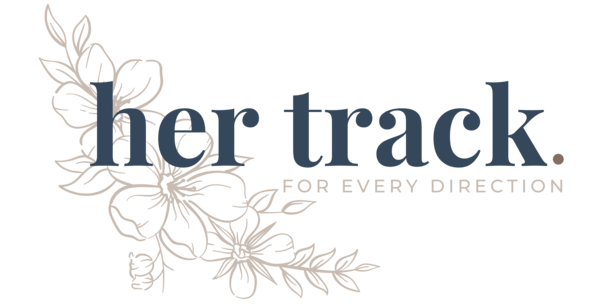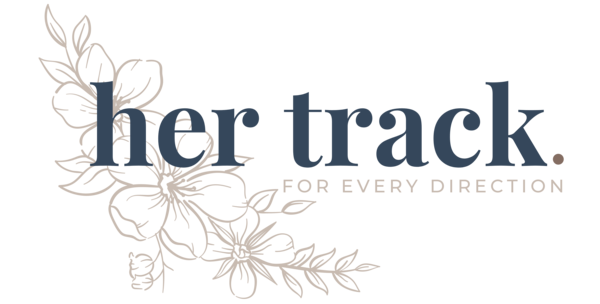Sometimes I get the feeling that dieting has become synonymous with ‘getting skinny’ or ‘losing weight’ when it should be about healthy choices, wellness and nutrition.
This confusion has a lot of origins, but one of the major culprits is the rise of popular diet trends cropping up, each one promising to deliver fast and effective results.
They’re everywhere, and everyone some celebrities to Instagram influencers are advocating for them, without the caution of the negative consequences.
For example, the notorious Master Cleanse—which gained popularity after Beyonce used it to shed 20 pounds—can result in rapid weight loss but also loss of lean muscle and bone mass.
Another example that I myself was once a follower of is the raw vegan diet. On paper, the raw vegan diet does sound healthy. Purportedly, it helps control weight gain while also preserving the food’s natural nutritional integrity. However, upon closer inspection, raw vegan diets actually inhibit full nutritional absorption. After only six months, I felt depleted and exhausted and had to turn away from it.
Back then, I felt like I failed. But in reality, it was the fad diet that failed me.
After a few days of self-blame and looking online for new “diet hacks”, what I found were countless others like me.
They’d all wanted to be healthier. However, they were drawn to the glitzy promises of trendy diets. This got me wondering, “we’ve all heard about the alleged benefits of fad diets, but what about their serious cons?” In case you’re feeling tempted to try a fad diet, here are just a few of the adverse effects they can cause.
1. It may lead to long-term health risks.

For many advocates of extreme diets, the hardships are worth it for quick and “effective” results. But this is all temporary and surface-level.
A lackluster diet can increase one’s risk of chronic diseases like heart disease, diabetes, breast cancer, and GERD. It can impact your energy, sleep and mood.
Since most extreme diets don’t deliver enough glucose or fatty acids, you may even experience poor concentration or depression. As it happens, some of the best brain foods listed by the Dana Foundation include dark chocolate, nuts, and fatty proteins—all of which are typically taboo in many fad diets.
2. It may be too restrictive in terms of caloric intake.

Dieting for weight loss includes cutting down on your daily caloric intake, so you burn more than you consume. However, fad diets often exaggerate this by calling for calorie allowances that are too low for average adults. A health guide on SymptomFind explains that while “low-calorie diets” that prescribe 800 calories a day can result in quick weight loss, it comes at a price.
Because of the extremely lean calorie allocation, it’s almost impossible to give your body the essential nutrients it needs. This means you’ll likely end up malnourished, with severe deficiencies in calcium, magnesium, and fiber, to name a few. Over time, this can also lead to a decline in your cardiovascular, gut, and bone health.
3. It can create body image issues.

Though the goal of dieting is to feel better about yourself, it can very easily become an obsessive numbers game. Diets, when pursued purely for aesthetics, only serve to weaken us emotionally and physically. In our post called ‘Why I’m Breaking Up with the Scale’, Angela Myers touched on how easily diets and weight can start to color our feelings of self-worth.
Eventually, what may begin as insecurity can grow into a full-fledged eating disorder (ED), such as anorexia or orthorexia. Unfortunately, the cycle of EDs is hard to break. It’s so challenging to rethink your relationship with food and your body after you damage it.
Protect your health and your heart.
Dieting, in itself, is not a bad thing.
But it’s important to know the difference between dieting for society’s standards and dieting for your own health and happiness.
It’s important to know the difference between starvation and moderation.
It’s important to know the difference between focusing on healthy choices, and buying into a toxic narrative marketed to you to sell books, shakes, supplements and workout videos.
After decades of struggling with my body and my relationship with food, I finally found a diet that works for me and balances healthy habits with a reasonable lifestyle.
And the way I found this balance was by listening to my body, by looking past the lofty promises of fad diets, and ultimately, recognizing that I deserve better than to starve.
At the end of the day, a diet should sustain you—not break you.








